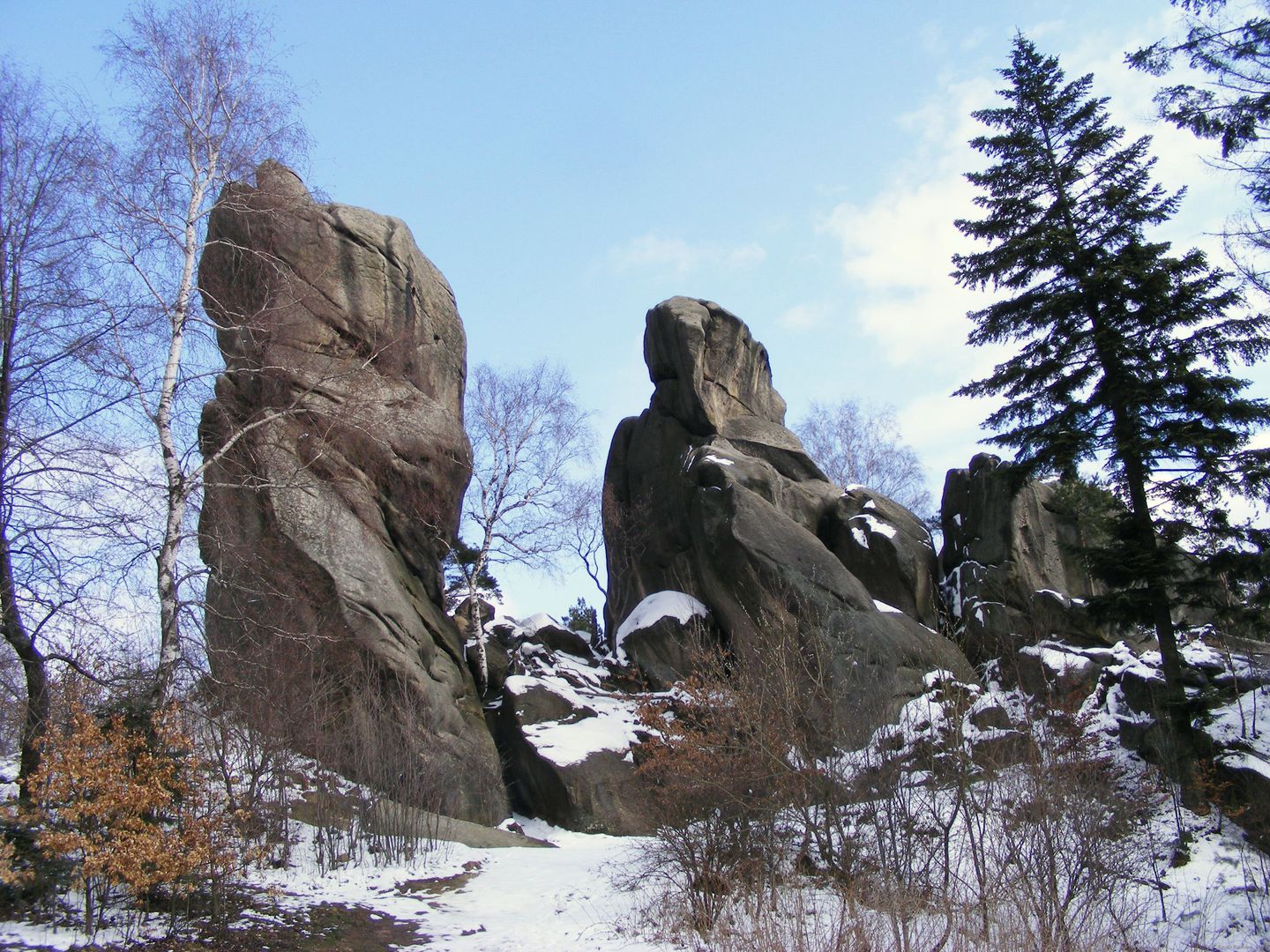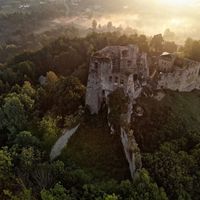Korczyna
7.54

Overview
Korczyna is a rural municipality located in the Podkarpackie Voivodeship, within the Krosno County, with its administrative seat in the village of Korczyna. It is home to 11,212 residents (data from 2018). Covering an area of 92.44 km², the municipality boasts diverse landscapes, featuring the mountains of the Low Beskids and picturesque valleys through which the Wisłok River and numerous streams flow. The history of Korczyna dates back to the 15th century when the settlement was likely established as a German colony. Historical records from 1420 mention its name and boundaries. In later years, Korczyna was owned by various noble families, such as the Kamienieckis, Firlejs, and Jabłonowskis, who significantly influenced the development of the area. Between 1610 and 1694, a wooden temple existed within the municipality, and in 1810, a brick church was built, which still serves as a place of worship today. In terms of culture, Korczyna is known for its strong weaving traditions. In the 19th century, locals produced a significant amount of linen, competing with foreign products, which contributed to the development of local craftsmanship. In 1882, the Weavers' Society was established, which helped revive this tradition and founded a school to train artisans. A fascinating fact is the Pagan Oak in Węglówka, which is approximately 640 years old and has a circumference of nearly 900 cm, making it one of the oldest oaks in Poland. Surrounded by beautiful hills and valleys, Korczyna is an attractive destination for relaxation and exploring local nature. Despite historical upheavals, the modern municipality preserves its cultural and craft traditions while striving for local development and maintaining its heritage for future generations. With its natural surroundings and rich history, Korczyna is an important point of interest in the Podkarpacie region.
Location
You can also find here:
2026 Wizytor | All Rights Reserved

